The EU pitched itself to Central Asia as "reliable" amid a turbulent geopolitical context as it seeks increased access to the region's critical raw materials and clean energy supplies as well as greater alignment over Russia's war in Ukraine.
EU and Central Asian countries - Kazakhstan, Kyrgyzstan, Tajikistan, Turkmenistan, and Uzbekistan - on Friday agreed to upgrade their cooperation to a strategic partnership, with the EU also announcing a new €12 billion package for the region through its Global Gateway Initiative.
The first EU-Central Asia summit, held in Samarkand, Uzbekistan, came just two days after US President Donald Trump unveiled tariffs on dozens of countries, including allies such as the EU and the UK, prompting condemnation from world leaders and global markets.
"New global barriers arise, investments are being re-directed or cut. Powers around the world are carving out new spheres of influence," European Commission President Ursula von der Leyen told the leaders' plenary session in veiled references to the US, Russia and China.
"Reliable partners have never been so important. Our Strategic Partnership is a commitment to be there for each other," she added.
The new package will finance projects in transport (€3 billion), critical raw materials (€2.5 billion), water, energy and climate (€6.4 billion), as well as digital connectivity - some of which have already been greenlighted and allocated by the European Bank for Reconstruction and Development (EBRD).
Access to clean energy and rare earths is critical for the EU as it seeks to achieve climate neutrality by 2050 and boost its autonomy in strategic sectors.
But sizeable shares of the global mining, processing and recycling of some of the critical raw materials, like lithium, that are indispensable to the development of renewable energy, everyday items as well as defence systems, are controlled by China, from which the EU wants to 'decouple' due to its aggressive and protectionist trade and foreign policy practices.
Central Asia holds large deposits, including 38.6% of the world's manganese ore, 30.07% of chromium, 20% of lead, 12.6% of zinc, and 8.7% of titanium.
"These raw materials are the lifeblood of the future global economy. Yet they are also a honeypot for global players. Some are only interested in exploiting and extracting," von der Leyen told Central Asian leaders.
"Europe's offer is different. We also want to be your partners in developing your local industries. The added value has to be local. Our track-record speaks for itself," she added.
Multilateralism and Ukraine
The protection of the "rules-based multilateral order" was meanwhile the focus of António Costa's address.
"We must work together not only to defend multilateralism but to reform it so that it is more effective, inclusive, and better suited to today’s realities," he said.
The president of the European Council emphasised that "security threats are now of a transnational nature" and called for greater cooperation at bilateral, regional, and multilateral levels, including on Russia, which he said has been violating the UN Charter and international law with its full-scale invasion of Ukraine.
The five Central Asian countries have abstained on votes in the UN relating to Russia's aggression on its neighbour, choosing to stay neutral, but they have benefitted to some extent by re-exporting sanctioned Western goods to Russia.
The EU, which has imposed 16 packages of sanctions against Russia for its unprovoked belligerence, has appointed a Special Envoy for sanctions circumvention who has travelled to the region on numerous occasions over the last three years.
EU officials speaking on condition of anonymity said ahead of the summit that Central Asian countries had displayed a "willingness to cooperate" but that the bloc would like "to see more", especially given the ongoing talks between US and Russia from which Europe has been largely sidelined, sparking fears its interests won't be protected.
However, the same source also said that further efforts on the topic are "an important element in order to advance our relations" but not a precondition.
Costa made a thinly-veiled reference to sanctions circumvention, telling the plenary that Europe will "continue to increase pressure where necessary" on Russia and that Central Asia's "cooperation is invaluable".
"We count on your continued efforts in this regard," he said.
President Shavkat Mirziyoyev, said his country, Uzbekistan, "share(s) the commitment of the European side to the principles and norms of international law" and "welcome(s) and fully support(s) the negotiation process on the peaceful settlement of the situation in Ukraine."
The summit also saw leaders agree to hold an Investors Forum later this year to secure more investments - notably for the Trans-Caspian Transport Corridor that will drastically reduce the time needed to export goods between the two regions while bypassing Russia - and establish a local EBRD office in Uzbekistan.
They also supported the idea of holding similar summits every two years.

 19 hours ago
4
19 hours ago
4
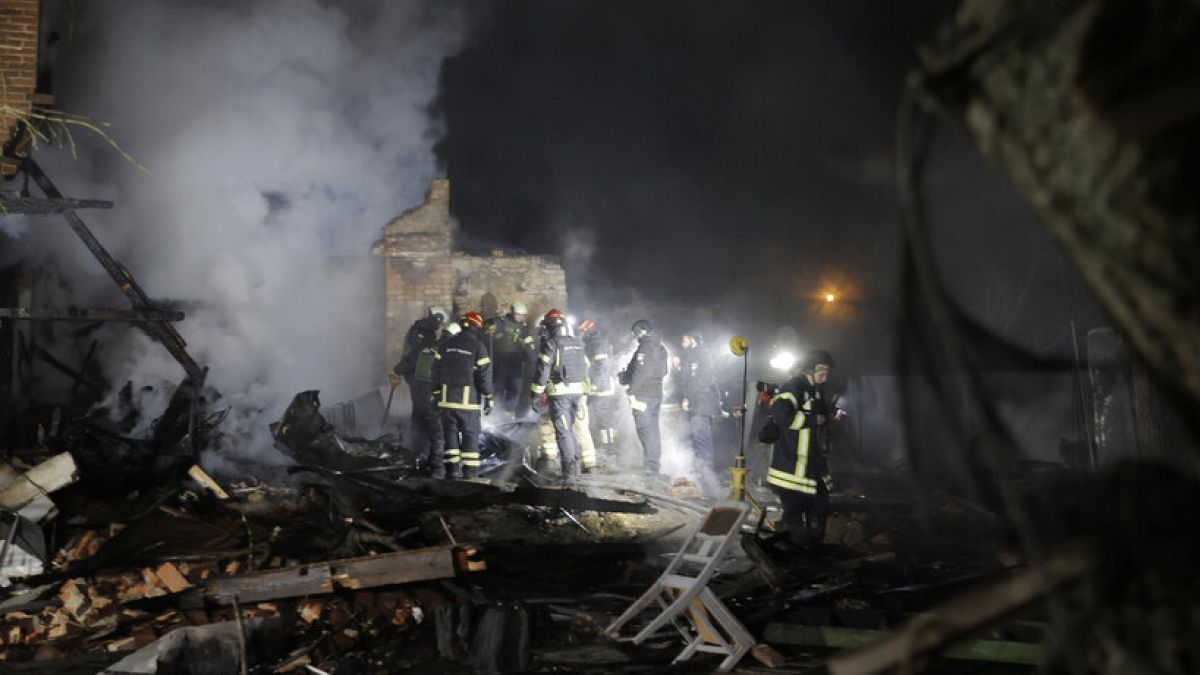
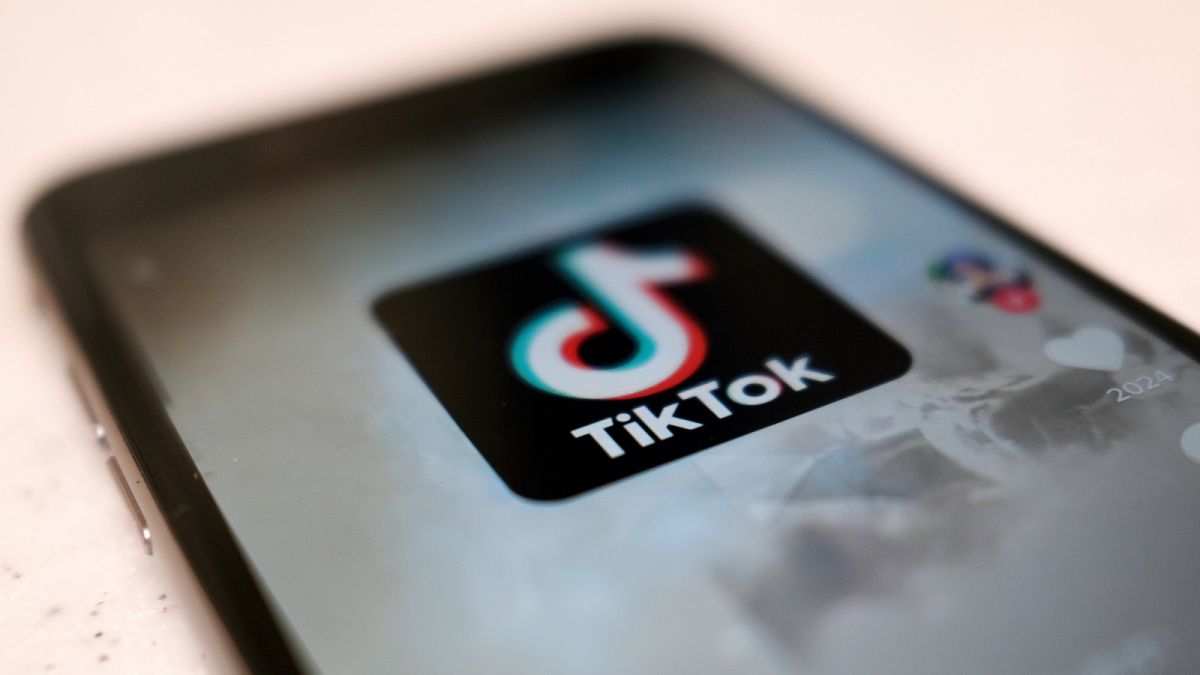
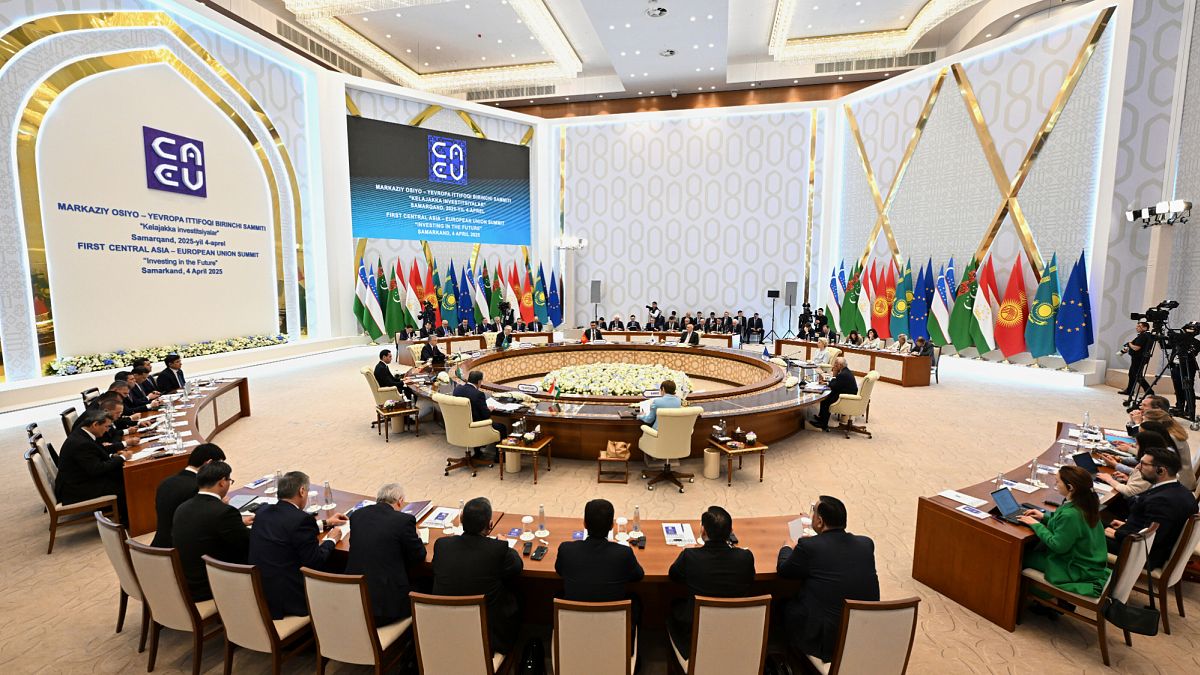
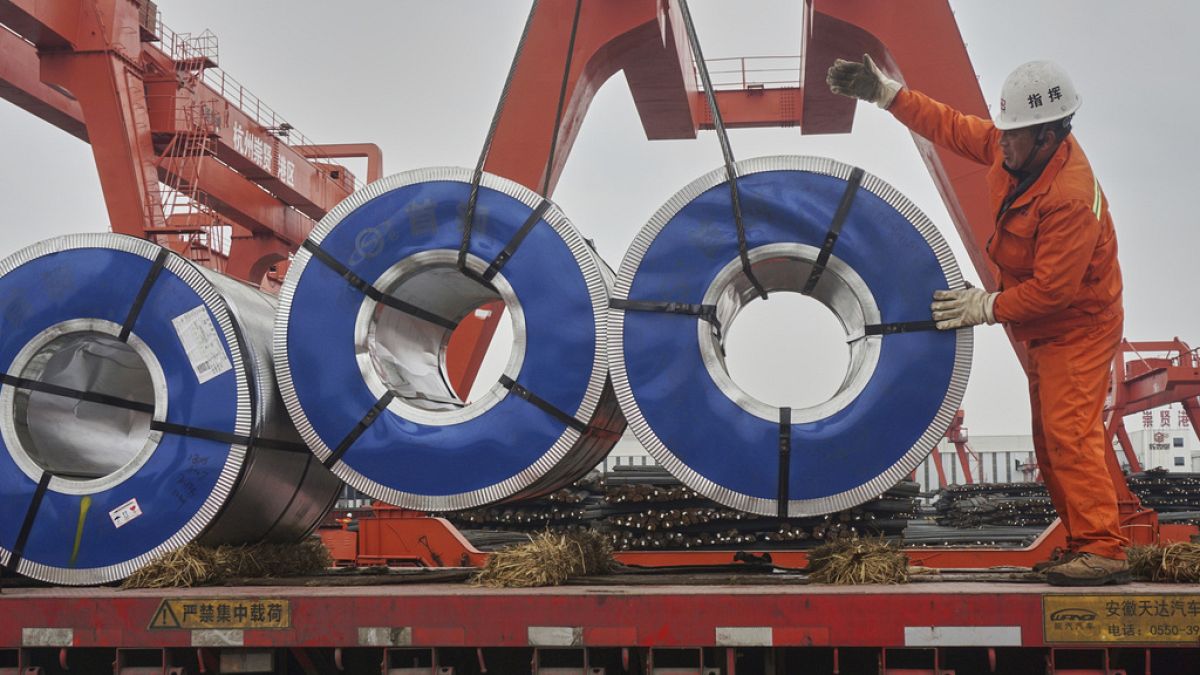
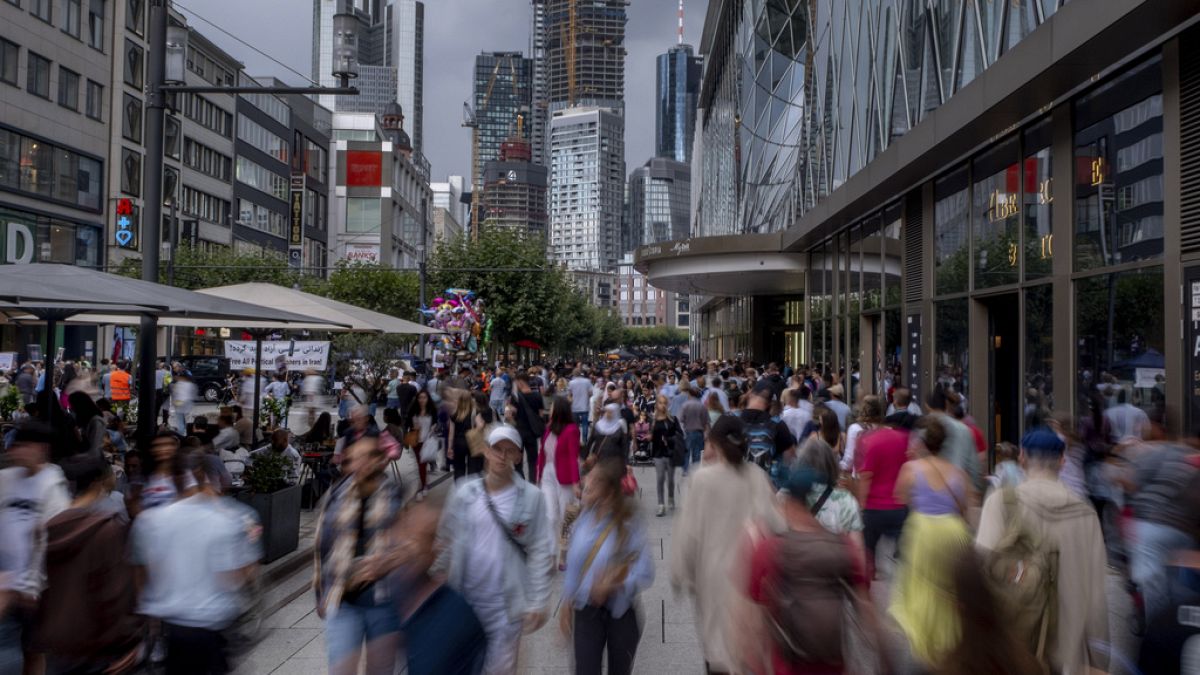
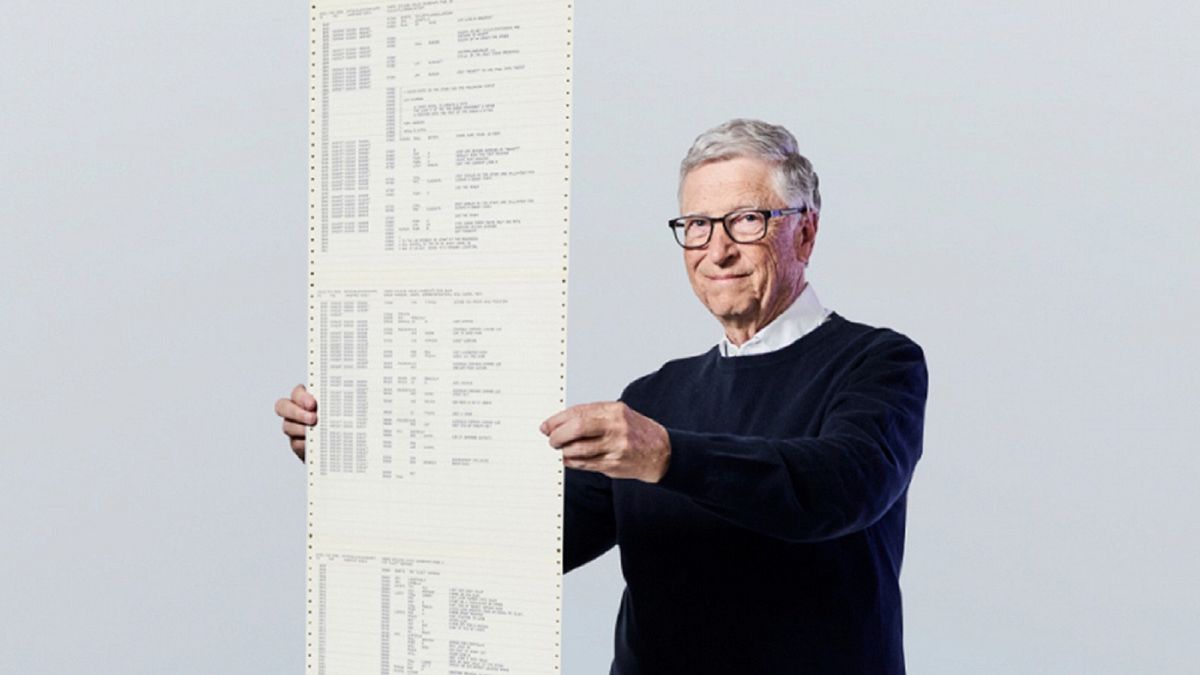
 We deliver critical software at unparalleled value and speed to help your business thrive
We deliver critical software at unparalleled value and speed to help your business thrive






 English (US) ·
English (US) ·